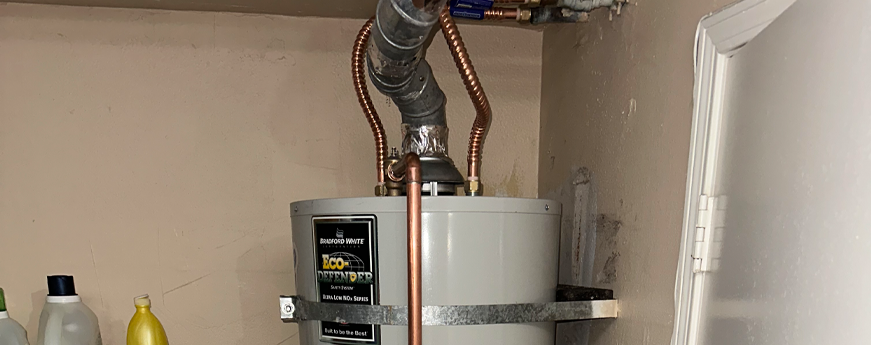
Ensuring Efficiency and Comfort: The Ultimate Guide to Water Heater Replaces
A reliable and efficient water heater is essential for a comfortable home. When it’s time to replace your existing unit, it’s an opportunity to upgrade to a more energy-efficient and effective system. In this guide, we’ll explore the key considerations for water heater replacements and help you make an informed decision for your household’s needs.
Signs It’s Time for a Replacement
- Age: A water heater typically lasts around 10-15 years. If yours is approaching or surpassing this range, it’s time to consider a replacement.
- Frequent Repairs: If you find yourself calling for repairs more often, it may be more cost-effective to invest in a new unit.
- Lack of Efficiency: An old or poorly functioning water heater can lead to increased energy bills. A replacement can result in significant energy savings.
- Rusty Water: Rusty water coming from your taps can indicate corrosion inside the tank, a clear sign of a failing water heater.
- Inadequate Hot Water: If your current water heater no longer meets your household’s hot water demands, it’s time for an upgrade.
Choosing the Right Type of Water Heater
- Tankless (On-Demand): Provides hot water only when needed, offering energy savings and endless hot water.
- Storage (Tank): Stores and preheats a specific amount of water, providing a constant supply.
- Heat Pump: Uses electricity to move heat from the air or ground to heat water, making it highly efficient.
- Solar: Harnesses energy from the sun to heat water, offering substantial energy savings in the long run.
- Condensing: Utilizes exhaust gases to heat water, making it highly efficient.
Consider Energy Efficiency
- Look for units with a high Energy Factor (EF) rating, which indicates the efficiency of the water heater.
- Consider ENERGY STAR certified models, which meet strict efficiency guidelines set by the U.S. Environmental Protection Agency.
Proper Sizing Matters
- Ensure the water heater you choose is appropriately sized for your household’s hot water needs. An undersized unit will struggle to meet demand, while an oversized one may lead to unnecessary energy consumption.
Professional Installation is Key
- Hire a licensed and experienced plumber or HVAC technician for the installation. Proper installation is crucial for safety and optimal performance.
Maintenance and Care for Longevity
- Regular maintenance, including flushing the tank and checking the anode rod, can extend the lifespan of your water heater.
Budget and Financing
- Consider your budget for the replacement and explore financing options if needed. Some utility companies offer rebates for upgrading to energy-efficient models.
Conclusion
Investing in a new water heater is a significant decision that can greatly enhance the comfort and efficiency of your home. By carefully considering factors like type, energy efficiency, sizing, and professional installation, you’ll ensure that your new water heater meets the needs of your household for years to come.
Remember to consult with Honestee Plumbing (562) 343-6022 for assistance in selecting and installing the right water heater for your specific requirements.

